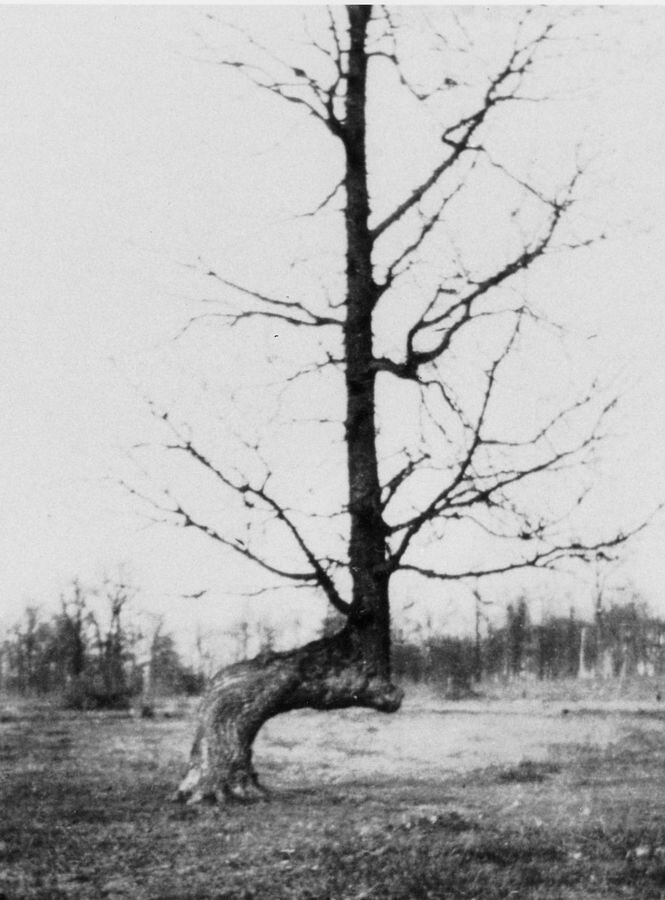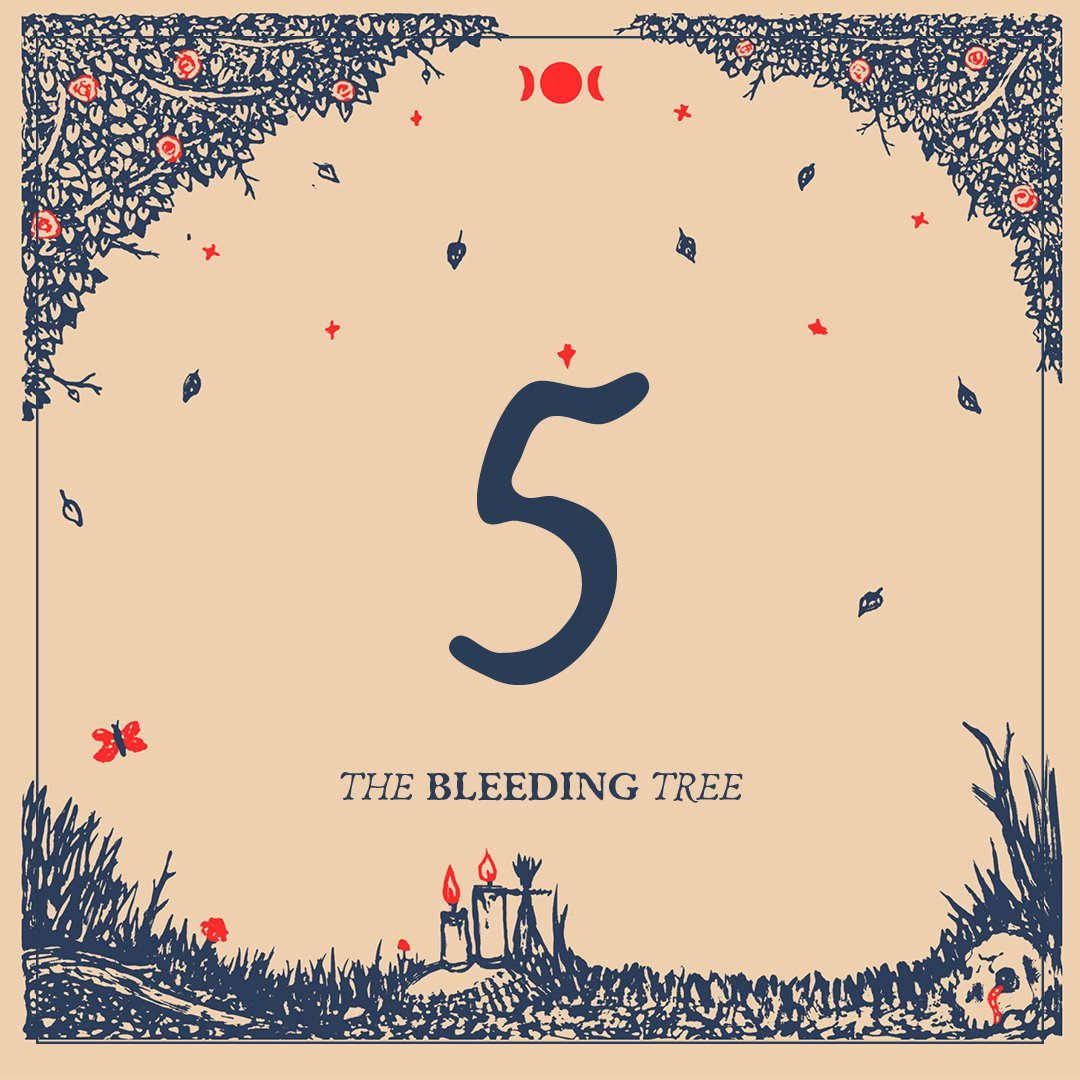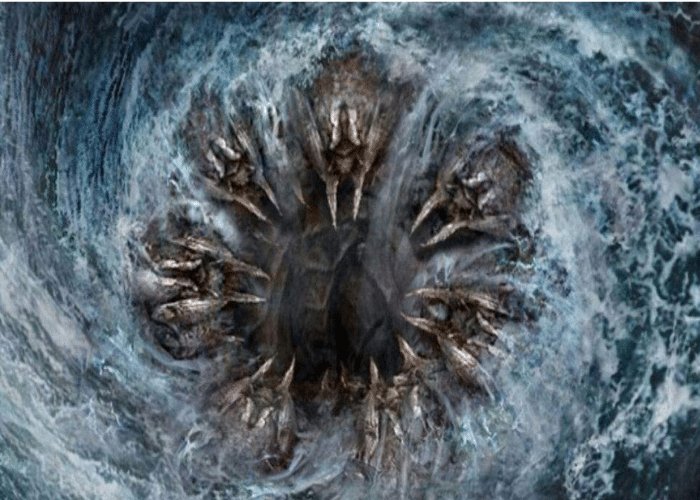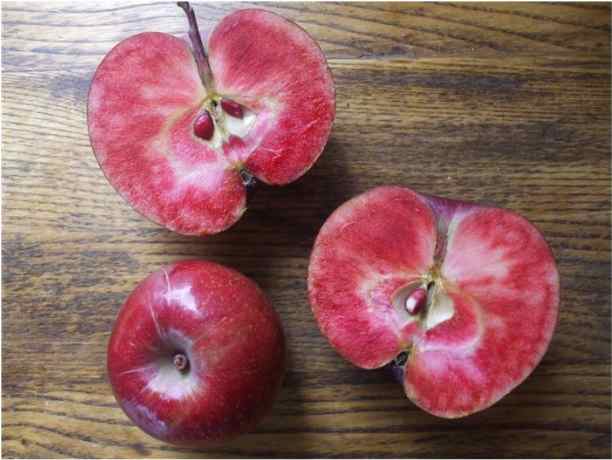Trail trees are trees that have been shaped by human intention rather than environment or disease, and they have been used for centuries to mark the way through the woods across the Americas. 

A network of pre-Columbian roads and trails denoted by these trees, most often oak and maple, have been well documented across First Nation territories. Their uses varied between nation and specificity of the region but may have included pointing out a fresh water source 

off a main route, minerals or other resources that may have been important to Native Americans for medicinal and ceremonial purposes, or designated areas of significant importance such as council circles and gathering points. 

Their distinctive shape, usually bent at around 8ft from the ground, meant they could be visible from long distances and even in snowy or flooded conditions. They would also provide the perfect vantage point for the hunting of elk and moose.
Distinctively bent trees have long been noted throughout the Temperate Deciduous Forest of eastern North America and have been documented in the Great Lakes Region by scientists and historians since the early 1800s. 

However skeptics have trouble believing marker trees were made by humans, and even amongst believers the number of true marker trees is contested.
After the horrors following the Indian Removal Act in 1830 many of the oldest examples have sadly been lost, though extant trees are protected as historically significant cultural artefacts. 

The trail marker tree in White County, Indiana, for example, one of two enormous white oak trail marker trees in the county, is estimated to be over 350 years old. 

#folkhorror #folkhorrormagpie #trailtrees #nativeamerica #firstnation #indigenous #treelore #ancienttress #forest #markertrees
• • •
Missing some Tweet in this thread? You can try to
force a refresh


























